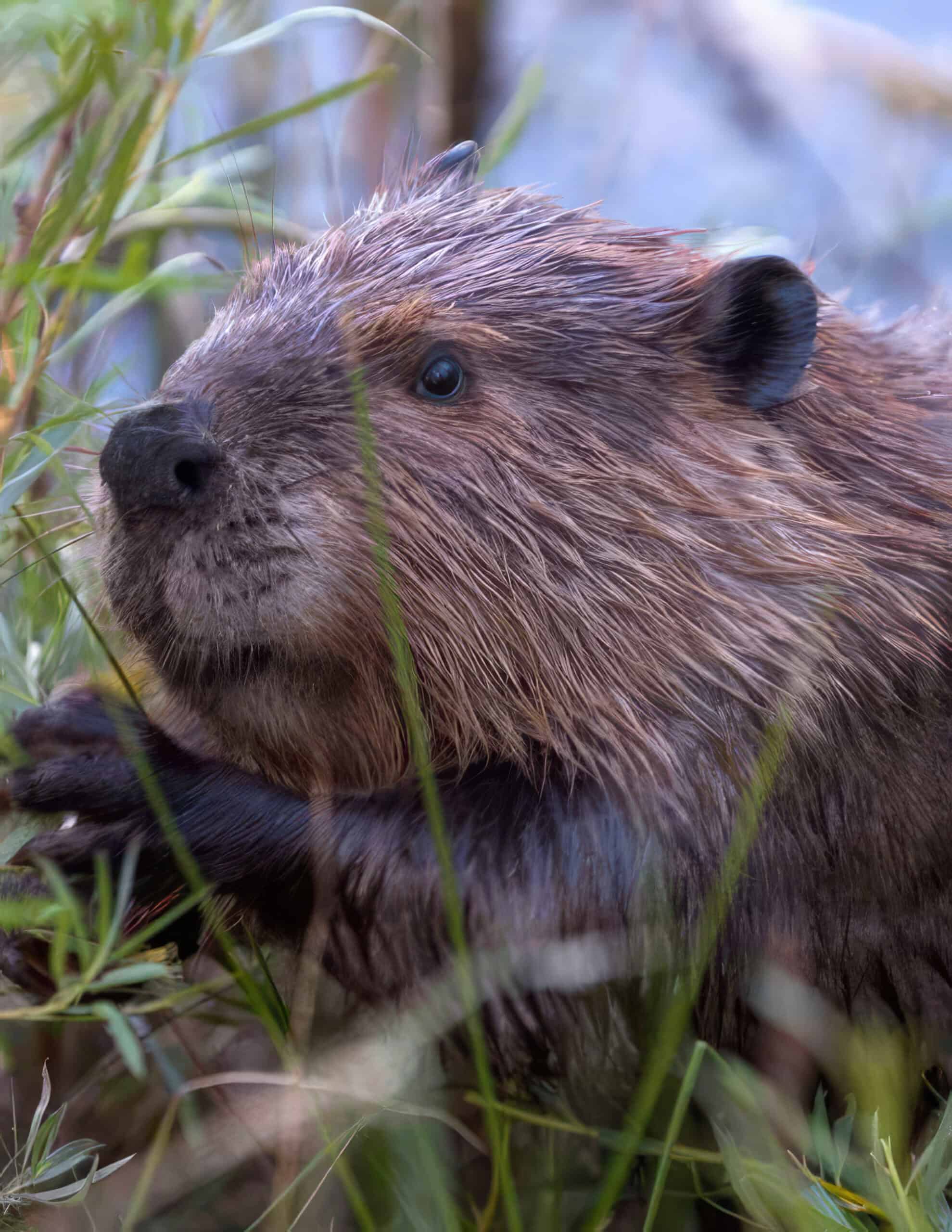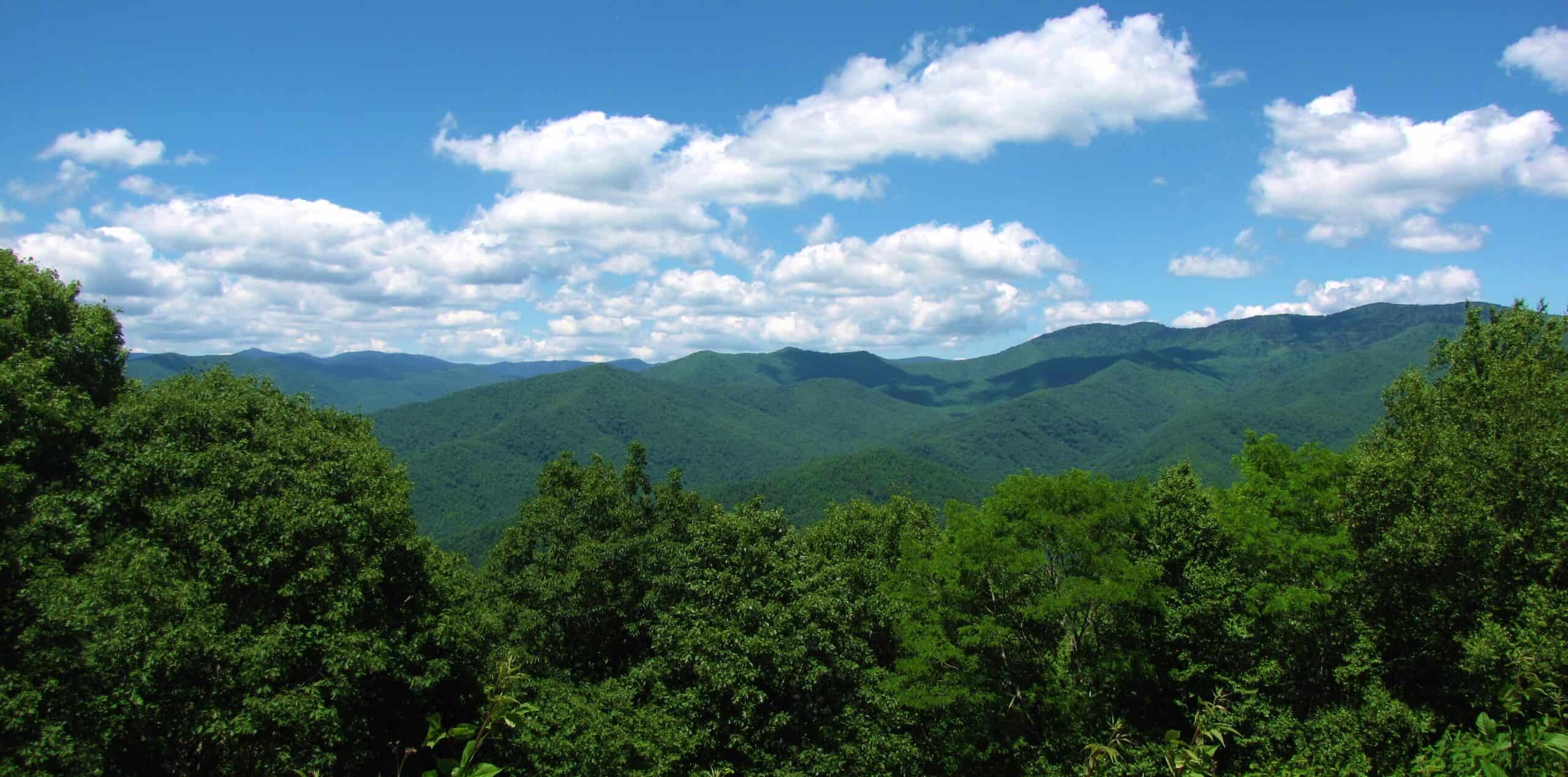Share this article
TWS publication awards announced for 2023
Awards include best student publication, best monograph and best edited book
The winners of TWS’ 2023 publication awards include research on Indigenous-led efforts to recover a struggling mountain caribou herd and a student study on how rat eradication on a remote Pacific atoll has affected the growth of coconut trees.
Here are the publications and authors that took in this year’s prizes.
Michael R. Conover and Denise O. Conover won the award for authored book for their second edition of Human-Wildlife Interactions: From Conflict to Coexistence. Michael drew on four decades of experience as wildlife professors and researchers while Denise brings more than four decades of experience studying diplomatic and military history. The work contains full color illustrations as well as theoretical and practical information.
What its publisher describes as the “the first consolidated overview of the scope, goals, and applications of conservation physiology with a focus on wildlife” was the winner of the award for edited book for Christine L. Madliger, Craig E. Franklin, Oliver P. Love and Steven J. Cooke. Conservation Physiology: Applications for Wildlife Conservation and Management is described as ideal for senior undergraduate students or graduate seminar students as well as practitioners.
The award for article/journal paper went to Clayton T. Lamb, Roland Willson, Carmen Richter, Naomi Owens-Beek, Julian Napoleon, Bruce Muir, R. Scott McNay, Estelle Lavis, Mark Hebblewhite, Line Giguere, Tamara Dokkie, Stan Boutin and Adam T. Ford for their study “Indigenous-led conservation: Pathways to recovery for the nearly extirpated Klinse-Za mountain caribou.” Published in Ecological Applications, the paper examines an Indigenous-led effort to recover a mountain caribou subpopulation from the brink of extirpation a decade ago.
Gregory H. Golet, Kristen E. Dybala, Matthew E. Reiter, Kristin A. Sesser, Mark Reynolds and Rodd Kelsey picked up the monograph award for their paper “Shorebird food energy shortfalls and the effectiveness of habitat incentive programs in record wet, dry and warm years,” published in Ecological Monographs. The paper examines how effective incentive programs to improve habitat for shorebirds in California can be in extreme weather years.
The best student paper award went to Ana Miller-ter Kuile, Devyn Orr, An Bui, Rodolfo Dirzo, Maggie Klope, Douglas McCauley, Carina Motta and Hillary Young for their paper “Impacts of rodent eradication on seed predation and plant community biomass on a tropical atoll,” published in Biotropica. The study examines how rat eradication on Palmyra Atoll increased the coconut trees on the island.
The Wildlife Professional’s best contributed article award went to Mary M. Rowland, Michael J. Wisdom, Darren A. Clark and Bruce K. Johnson for their piece “A Legacy of Science and Partnerships: For over 25 years, the Starkey Project has conducted policy-shaping research on deer and elk.” The article looks at how a unique partnership between the U.S. Forest Service’s Pacific Northwest Research Station and the Oregon Department of Fish and Wildlife has contributed to wildlife management of ungulates in that state.
Header Image: Credit: Bernd Thaller








